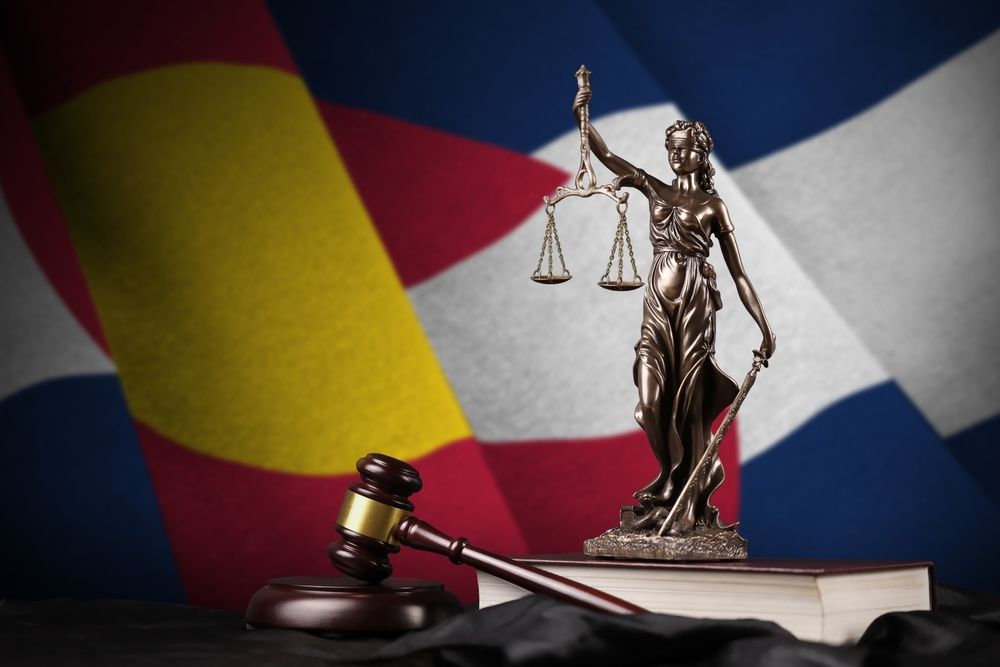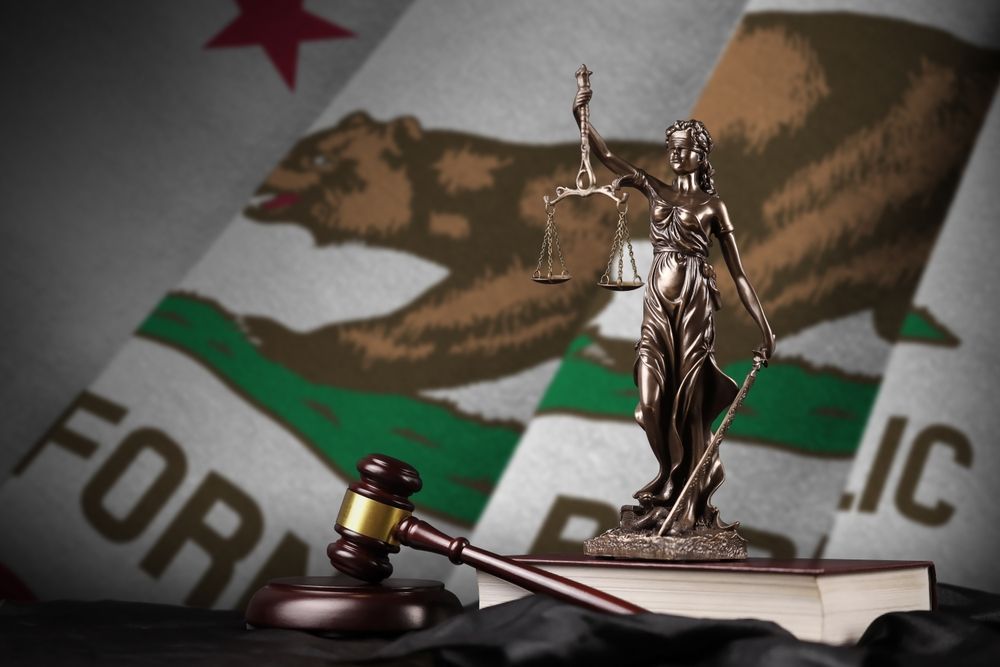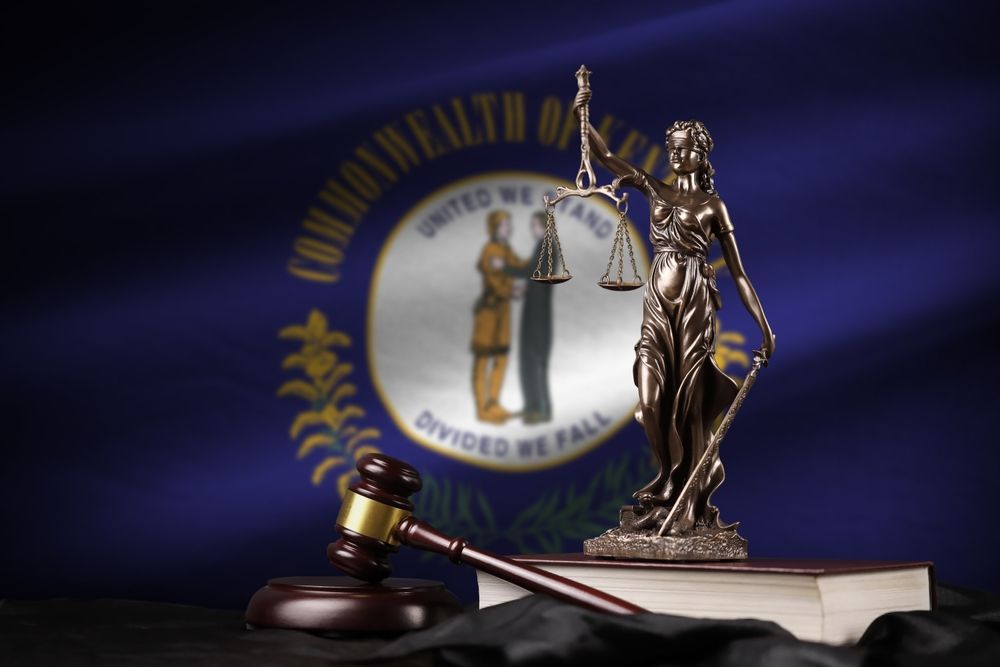Colorado Expungement | Colorado Clean Slate Law
Share this article:
Key Takeaways
- The Colorado Clean Slate Act, which goes into effect in 2024, seals records of arrests that did not result in a conviction as well as some older criminal convictions and civil judgments.
- The act also prohibits employers from asking about sealed records and prohibits CRAs from providing these records to employers.
- Expungement in Colorado is limited to juvenile records, arrests with no conviction and those who completed a diversion program or had a deferred judgment.
Colorado Clean Slate Act
The Colorado Clean Slate Law was signed into law in 2022 and takes effect on July 1, 2024. It allows some criminal records to be automatically sealed:
- Arrest records that didn’t result in a conviction.
- Civil infractions more than four years old.
- Petty offenses and misdemeanors for than seven years old.
- Felonies 10 years after release from prison.
Some crimes, including murder, assault, robbery and sex offenses, are not eligible for Clean Slate.
Employers are not allowed to require job applicants to reveal anything contained in sealed records.

Colorado Background Check Laws
Colorado is a “ban the box” state. Employers may not ask about criminal history on an initial job application. When employers do order background checks, they may go back only seven years. There are a handful of exceptions. Their background checks should not show sealed or expunged records, but employers may not use this information if they learn of it.
State and local public employers may not ask about criminal history or order a background check until they have made a conditional offer of employment. If some negative turns up on the check, they may not rescind the offer unless the issue specifically relates to the job duties.
Expungement in Colorado
Expungement destroys records, and, in the eyes of the law, the incident never occurred. There is limited expungement in Colorado. It’s allowed for juvenile records, arrests that did not result in a conviction and situations where there was a completed diversion program, an informal adjustment or a deferred adjudication or deferred judgment.
Juvenile records will not be expunged if the juvenile was adjudicated as a violent or aggravated offender. Homicides and sex felonies are not expungeable.
The individual must petition for Colorado expungement.
What CRAs Need to Know About Clean Slate Laws in Colorado
The Clean Slate Act requires CRAs to exclude from reporting any records sealed under the act, except in limited cases where reporting is required by state or federal law. CRAs generally will not discover these records, but they must exercise caution with newly sealed records that were previously reportable. They will need to become familiar with the new statute and update their processes to ensure compliance.
The Bottom Line
Colorado has joined several other states in sealing some criminal records to give former offenders a fairer chance for employment. The state will seal arrests that did not result in conviction, and, with some exceptions, older civil judgments, misdemeanors and felonies. Expungement, which deletes records, is allowed for arrests without conviction, most juvenile offenses and in other limited circumstances.
CRAs are generally not permitted to report sealed or expunged records, and employers may not require job candidates to reveal these.
Connect with Us:



